Over the centuries, many nations have worshipped corn. First of all, this refers to the Incas - the ancient tribes who considered it a sacred food. America's pioneer Christopher Columbus was so interested in the mysterious culture that he took a few cobs with him. Even today, corn is considered one of the most popular crops. It is actively used as a food product, fodder, in cosmetics and even as raw materials for fuel.
Full of vitamins and minerals
The beneficial properties of corn have been known for a long time. The benefits of corn are primarily determined by its vitamin and mineral composition. It contains vitamins of groups B, E, H (biotin), A, as well as trace elements such as calcium, magnesium, phosphorus, potassium, sodium, iron, iodine and many others. Such a diverse composition of nutrients is rarely found.
You will be surprised, but corn contains a small amount of gold, which is involved in hormonal processes and also has a positive effect on the processes of the immune system.
Benefits for the intestines and liver
Corn has a beneficial effect on the intestines and helps to deal with constipation. People suffering from liver diseases will also feel noticeable relief from regular use of corn, which has a pronounced choleretic effect.
Boiled corn kernels greatly facilitate the course of various types of hepatitis, diseases of the gall bladder and bile ducts.
Pancreas, kidney and heart health
Few people know that young corn contributes to the gentle dissolution of kidney stones. A decoction of young corn helps to cope with pancreatic diseases and if you drink 1 cup a day of this decoction regularly, then you can normalize the metabolic processes in the body.
The beneficial components contained in corn help to strengthen the heart and blood vessels and also greatly relieve the attacks that occur in gout and nephritis.
Contraindications and harms
As you know, there is nothing that is absolutely 100% healthy and corn is no exception. So, eating corn can harm your body if you suffer from thrombosis, increased blood clotting, thrombophlebitis. In addition, doctors do not recommend eating corn for people with reduced body weight, as well as during exacerbations of diseases of the gastrointestinal tract.
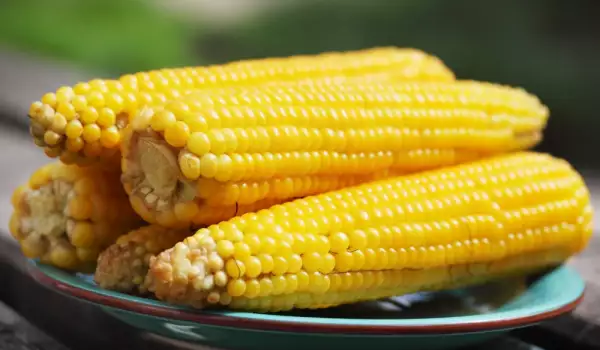

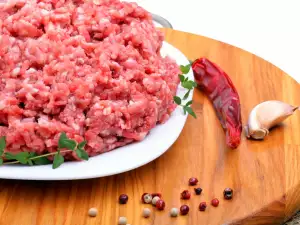
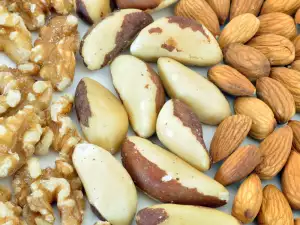

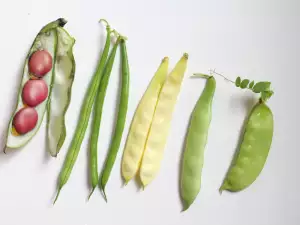




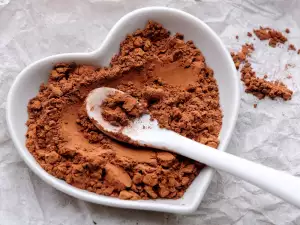
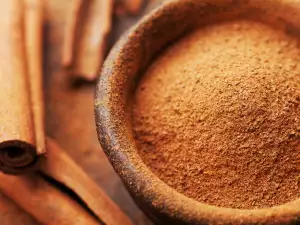

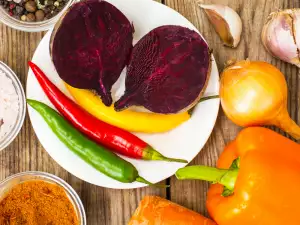

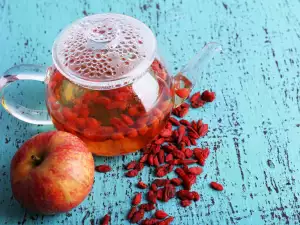



Comments